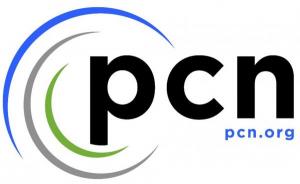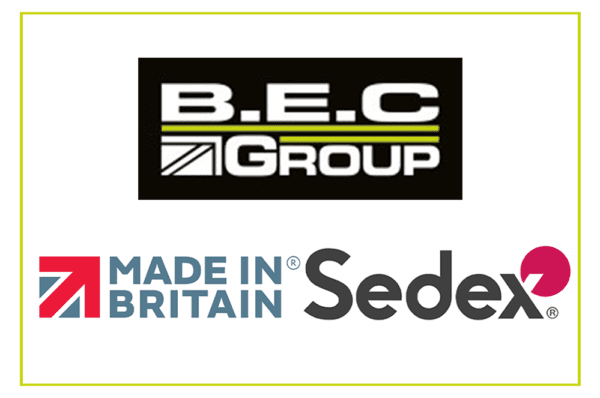
HotSeat – Pravin Mistry, Chairman at Plastics Consultancy Network
The Plastics Consultancy Network (PCN) is a professional network of some of the most experienced independent polymer consultants in the world, with over 30 years of experience serving the plastics, rubber and composite markets. PCN Chairman Pravin Mistry was elected in early 2020, and he is next to face the HotSeat.
What trends do you think will shape the future of UK plastics? How will the PCN respond?
I think that the Plastics and Polymer industry will continue to grow in the UK and globally; however, the events of the last year or two will cause changes to the way companies operate. I predict there will be restructuring, skill shortages and financial constraints for many companies, with a fresh demand for sustainability projects and green credentials.
The Plastics Consultancy Network (PCN) has been operating for over 30 years, and assisting companies through turbulent market conditions is something we’ve done a lot of over the past three decades! Our areas of expertise include plastics, composites, rubber, polyurethanes, adhesives, and topics such as sustainability, education, training and energy savings.
Of course, we have had to adapt how we operate to best meet the needs of our customers during this challenging period. Still, the PCN remains poised to give independent advice and consultancy across all areas of the industry. Our professional network of experienced and independent polymer consultants can provide a solution for your plastics industry business by working with you on an ad-hoc basis at a fraction of the cost of hiring a full-time employee.
How has PCN developed during your tenure?
I became chairman of the PCN just prior to the COVID-19 pandemic, having been voted in by the other PCN members to replace previous chairs, Peter Cox and Robin Kent.
Taking charge during this period has been filled with challenges, and thankfully the PCN being a fluid and flexible organisation means that we have been able to adapt to this period well. A large new focus for us is sustainability, with many members becoming increasingly involved with sustainability projects, either through their own work or in collaboration with other PCN consultants.
2021 is also a big year for us as we completed a company rebrand, which includes a new website (which was long overdue!) and a new logo designed to represent the values of the PCN – global coverage, sustainability, and networking. A part of this exercise is to promote ourselves more actively, as many clients are unaware of the work we do both nationally and internationally.
If anything, the distance between us this year has brought us closer together, as we are in more regular contact with more meetings scheduled via Zoom than we would ever manage to organise in person!
What do you credit as the key to your success?
Personally, my motivation from an early age has always been my parents, who moved to the UK from India in the 1950s. From an early age, my parents taught me the importance of a strong work ethic and to embrace learning at every opportunity.
I have always been able to adapt well to changing situations, and this has served me well in both my personal life and throughout my career, especially in the last year as we’ve had to adapt to a new way of working.
In terms of the PCN, each consultant may all have their individual motivations and areas of expertise, but the way we work in synergy for the benefit of our clients really drives us forward as an organisation.
What has been the greatest challenge in your career?
I have had many, so it is hard to pinpoint the greatest, but I would say having to adapt to difficult conditions on an ongoing basis throughout my career. Whether working with plastics, rubber or composites, there is a requirement to stay informed and embrace new technologies, new processes and changing markets across many different countries and sectors of industry.
My greatest challenges as a consultant came during the 2008 recession and more recently throughout the COVID-19 pandemic, but as always, these challenges have been overcome, and we have emerged on the other side stronger and wiser for it.
Despite the challenges, the way that the PCN members operated throughout this period brings me great pride. Many consultants worked on a voluntary basis to help with the virus response by assisting with PPE design and manufacture or sourcing, for example.
What advice do you wish you’d had on entering the industry and does that differ from the advice you would give to an apprentice joining now?
I can only speak personally, as when I entered the industry around 40 years ago, it was by accident! I came across polymers at school when I was 14, we made Nylon in the school lab, and that was it. I became a member of the plastics industry.
There was a job advertised in the local paper for a Laboratory Technician in a local rubber and plastics company. I applied and got the job and was lucky enough to be sent to study at Manchester Polytechnic part-time to study for an HNC and Degree in Polymer Science and Technology.
Times have changed since then, so my advice would be to bide your time, learn both theoretically and practically. Always embrace new technology, and if you can move within the polymer industry and work abroad or in a new sector, this is a great way to improve your skills and broaden your knowledge.
Also, listen to and work with people in all areas of manufacturing. Spend some time with machine operators and process and material experts – you will learn a lot; there is no textbook in the world that can teach you this!
What hidden talents do you have?
My other passion is sports. I am a retired Badminton Association of England coach and was sponsored by Wilson Racquets as a player when I was younger. I had the chance to go professional, but I put my career in plastics first!
These days I prefer walking and cycling to keep myself fit and healthy.
Plastics Consultancy Network
Contact
Website
Email






